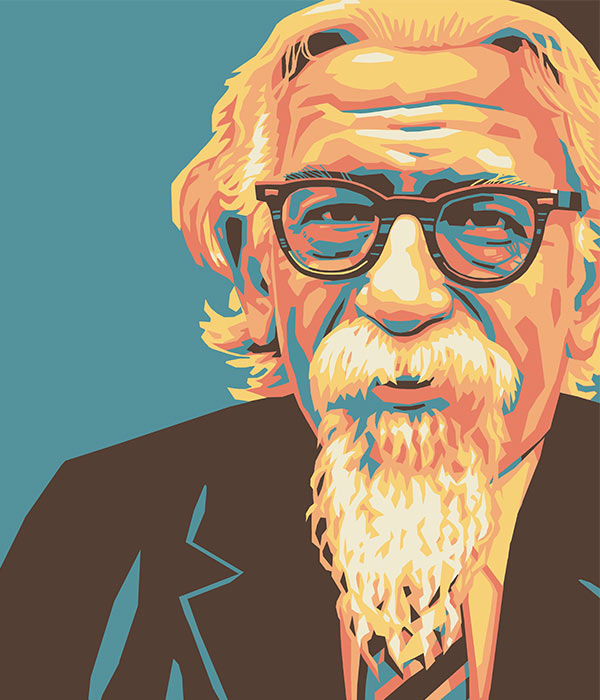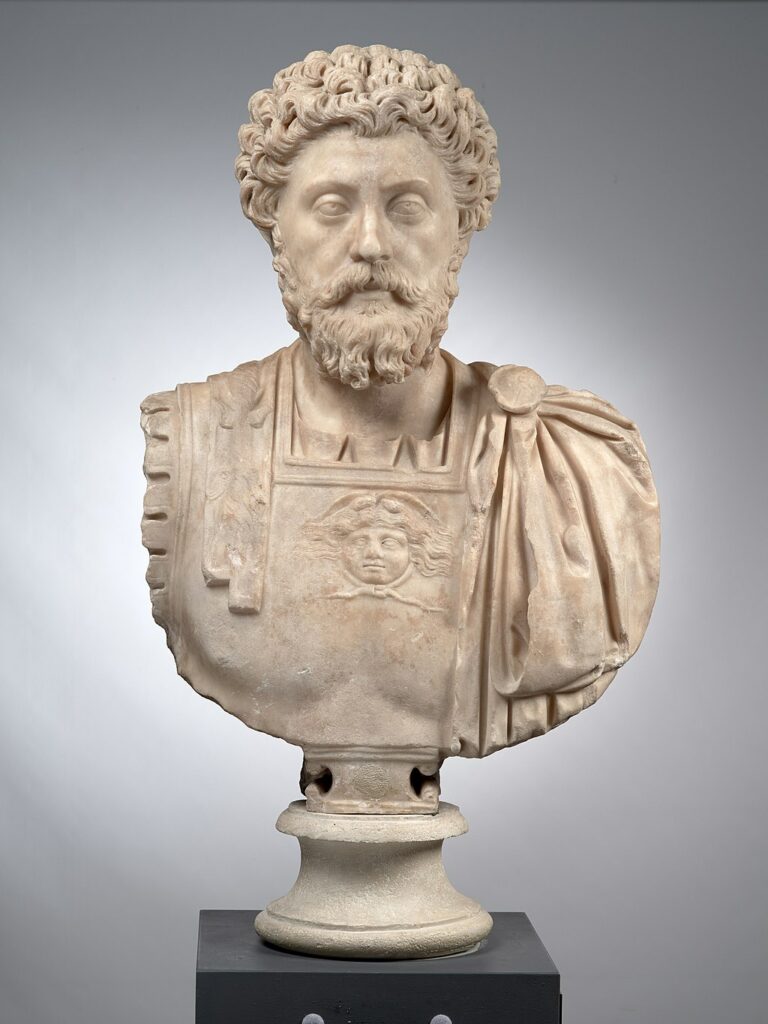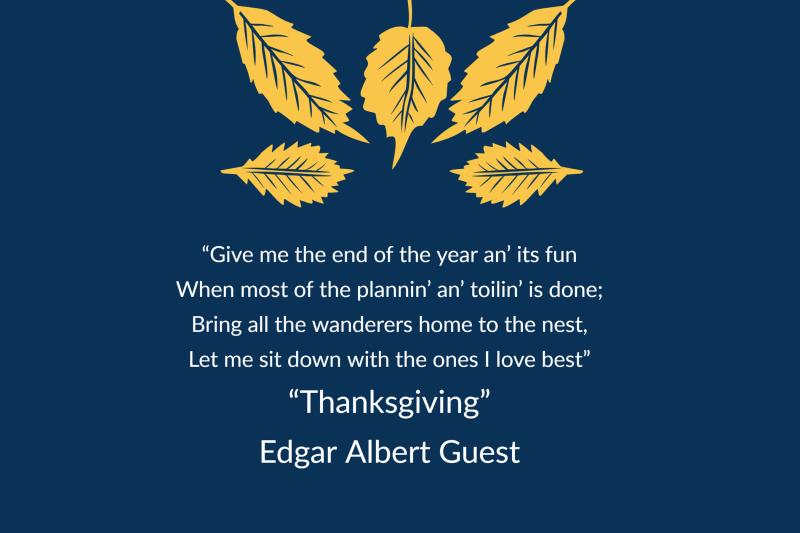“Thanks Be to God for Scripted Gratitude,” Kaitlyn Schiess in Christianity Today.
When we respond to the reading of Scripture with “Thanks be to God,” we aren’t merely agreeing with the designation of the words read as the “word of the Lord.” We are echoing 2 Corinthians 9:15: “Thanks be to God for his indescribable gift!”
In a way that the best rhythms, liturgies, or spiritual disciplines can work, this regular language has grown in me an instinctive posture of thankfulness. Even when the passage is confusing, sounds strange, or seems contradictory, this one little practice has made it natural for me to respond “Thanks be to God” when Scripture is read.

“In the Presence of Mystery,” Abraham Joshua Heschel reprinted in Plough

Reverence is an attitude as indigenous to human consciousness as fear when facing danger or pain when hurt. The scope of revered objects may vary; reverence itself is characteristic of man in all civilizations. Let us analyze a rather common and perhaps universal example of such an attitude, the inner structure of which will prove to be the same in all examples – whatever the object revered may be. Obviously, we can never sneer at the stars, mock the dawn, or scoff at the totality of being. Sublime grandeur evokes unhesitating, unflinching awe. Away from the immense, cloistered in our own concepts, we may scorn and revile everything. But standing between earth and sky, we are silenced by the sight. …
Reverence is one of man’s answers to the presence of the mystery. This is why, in contradistinction to other emotions, it does not rush to be spoken. When we stand in awe, our lips do not demand speech; we know that if we spoke, we would deprave ourselves. In such moments talk is an abomination. All we want is to pause, to be still, that the moment may last. It is like listening to great music; how it reaps the yield from the fertile soil of stillness; we are swept by it without being able to appraise it. The meaning of the things we revere is overwhelming and beyond the grasp of our understanding. We possess no categories for it and would distort it if we tried to appraise it by our standard of values; it essentially surpasses our criteria.
Book I: The Meditations, by Marcus Aurelius
The Roman emperor and stoic philosopher Marcus Aurelius spends the entire first book of his meditations dwelling upon those things in his life for which he is thankful, especially for the positive contributions others made to his life.

To the gods I am indebted for having good grandfathers, good parents, a good sister, good teachers, good associates, good kinsmen and friends, nearly everything good. Further, I owe it to the gods that I was not hurried into any offence against any of them, though I had a disposition which, if opportunity had offered, might have led me to do something of this kind; but, through their favour, there never was such a concurrence of circumstances as put me to the trial.
National Endowment for the Arts Thanksgiving 2022: Poem Roundup
Enjoy a collection of poetry for Thanksgiving selected by the National Endowment for the Arts.




